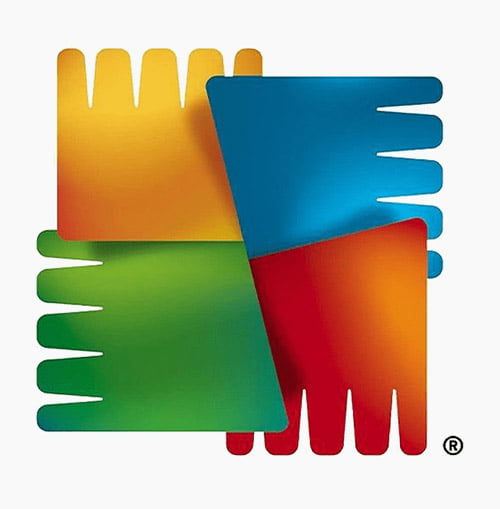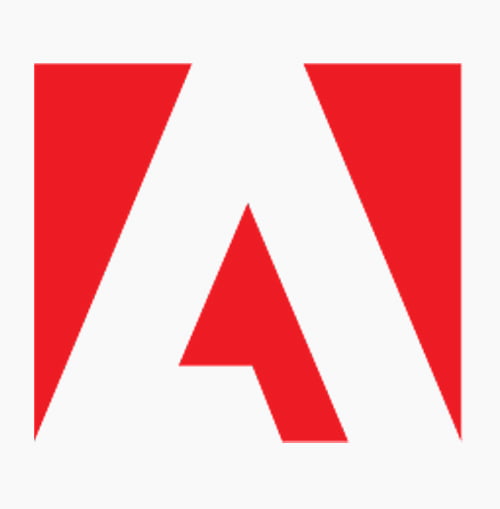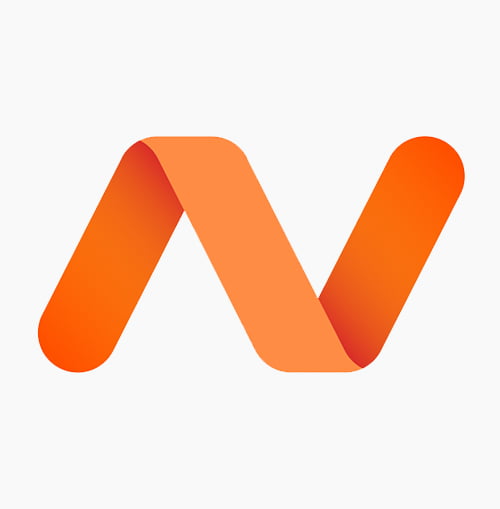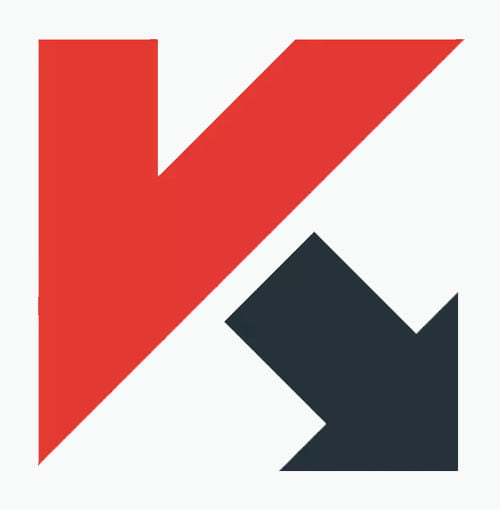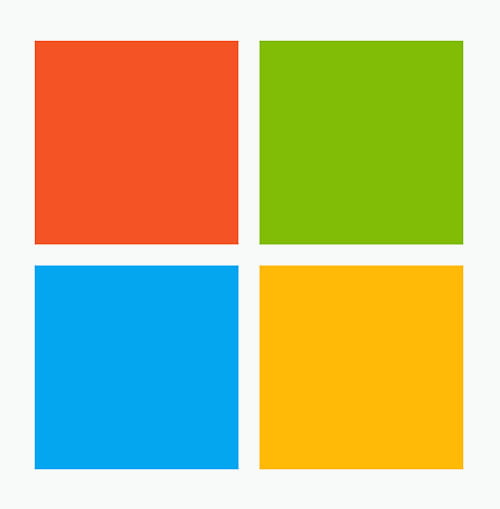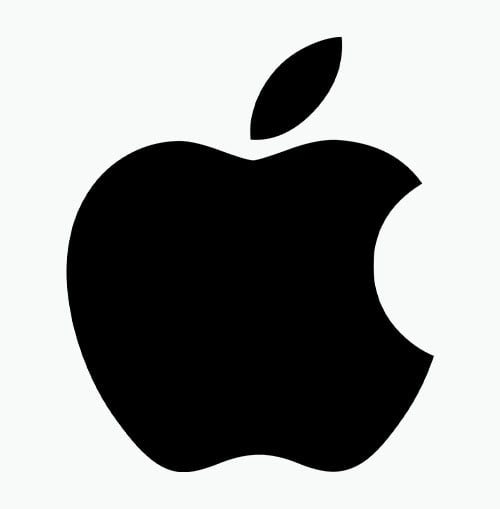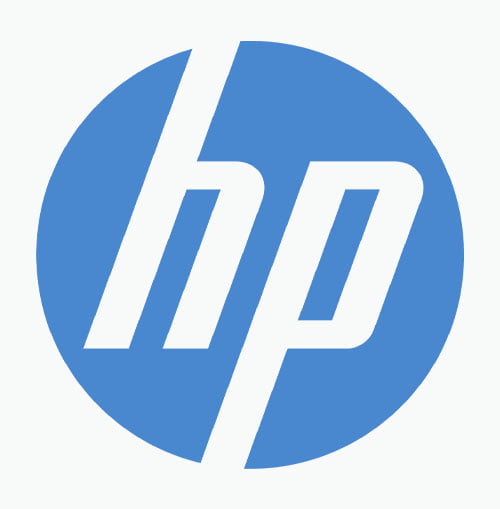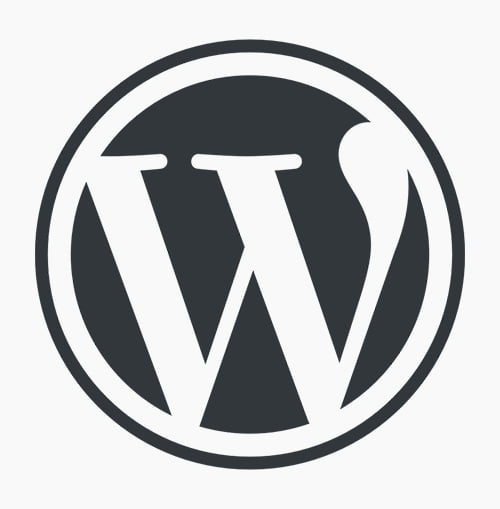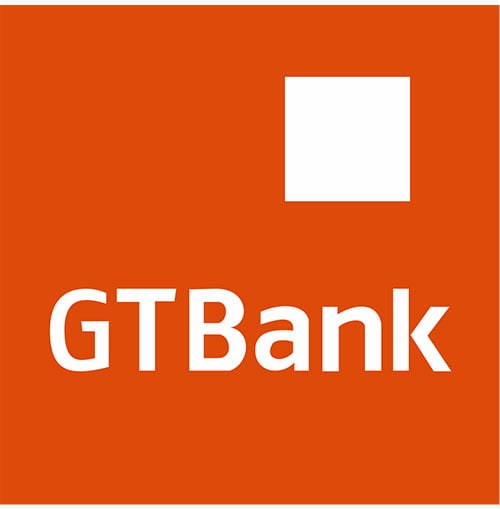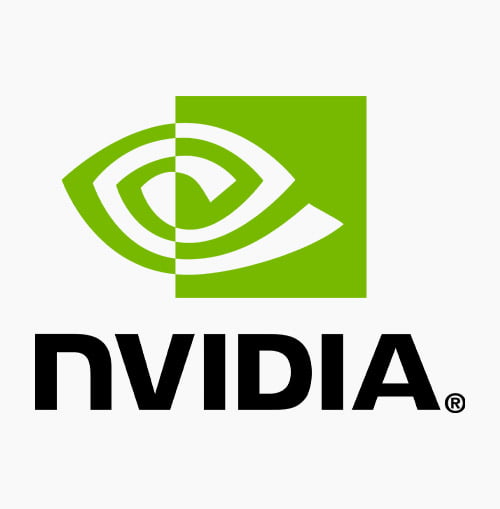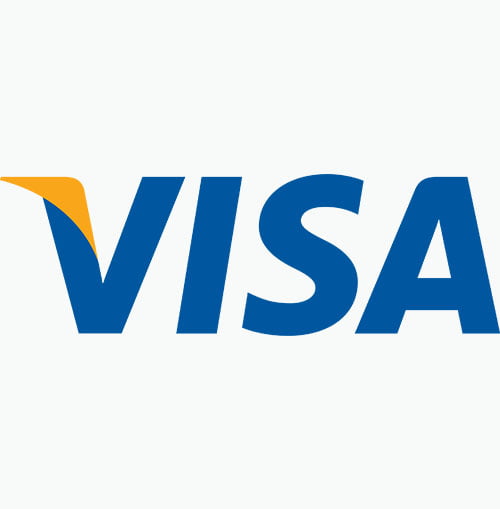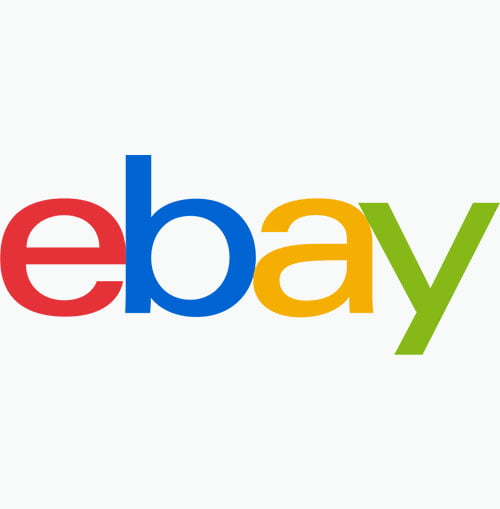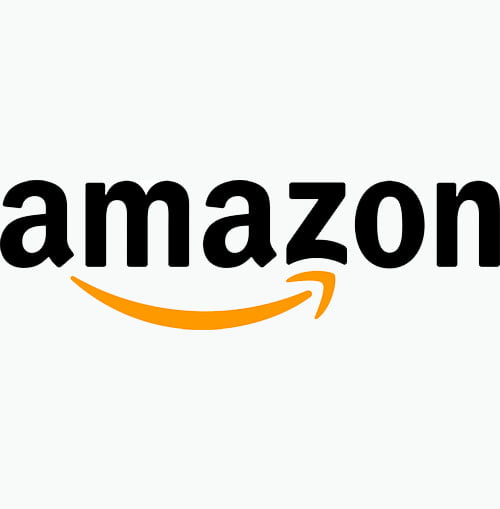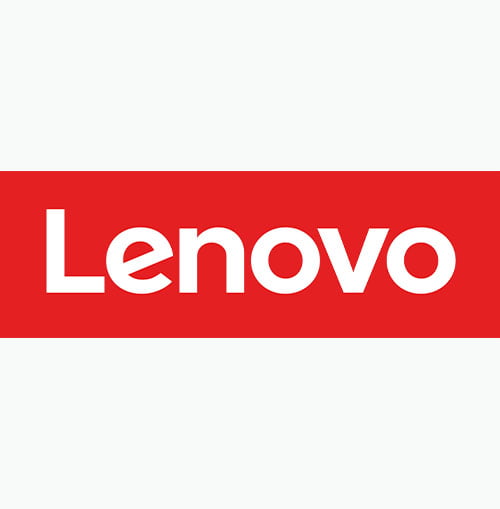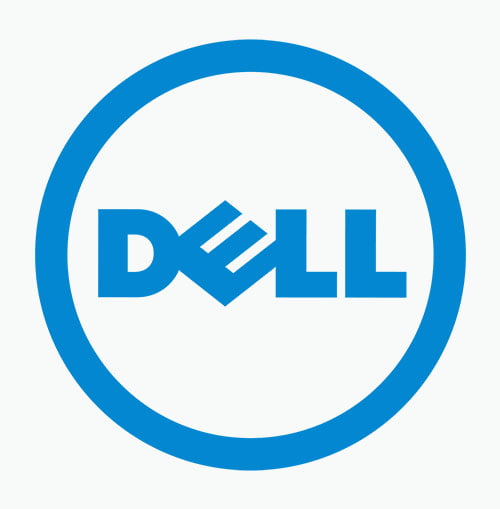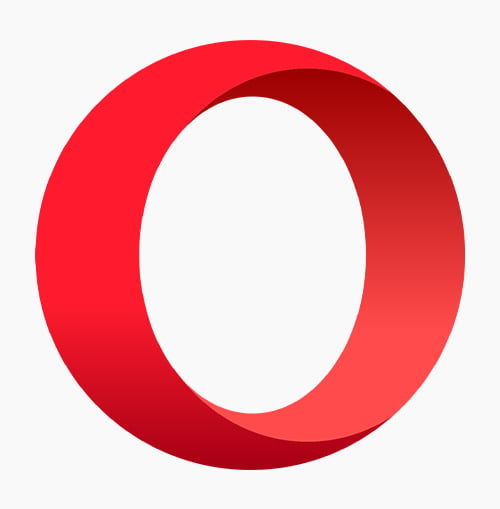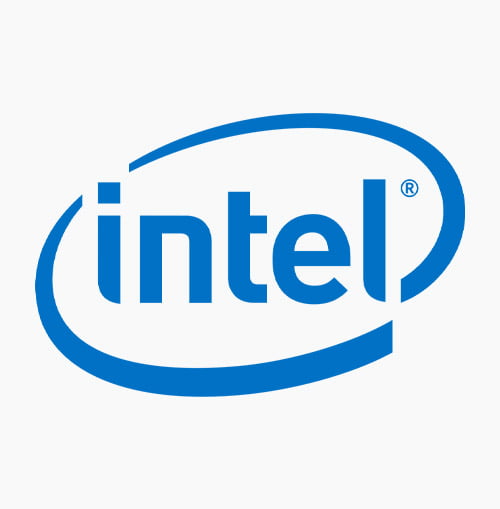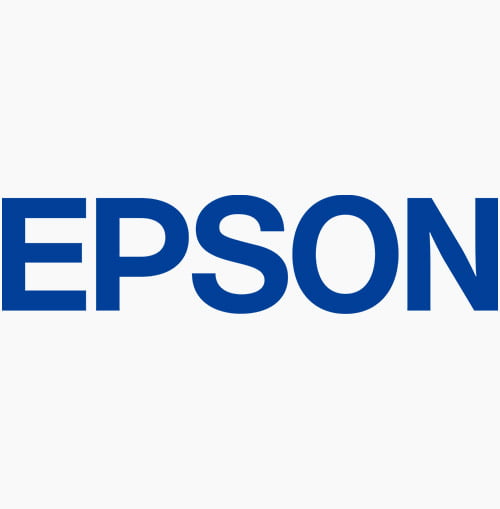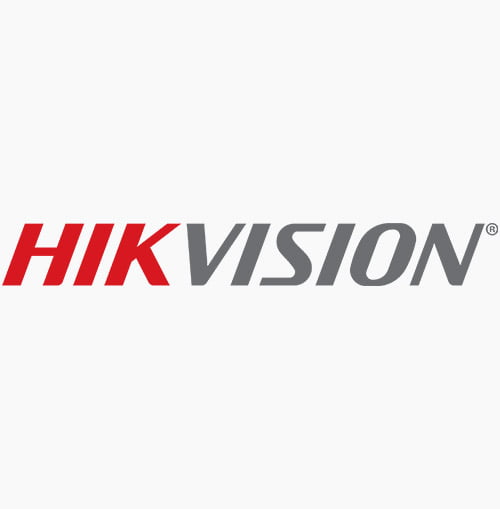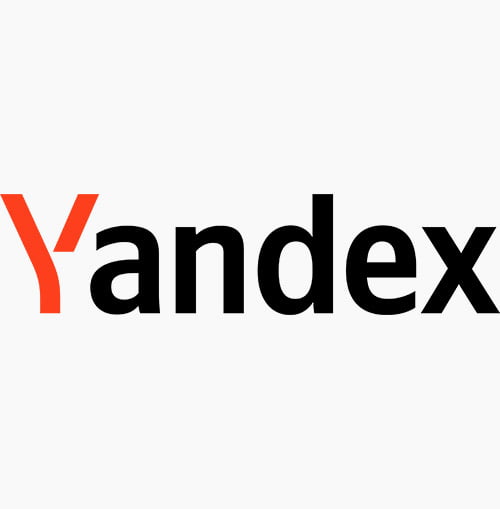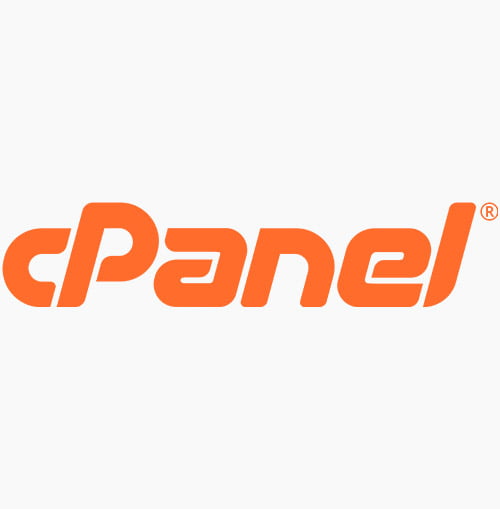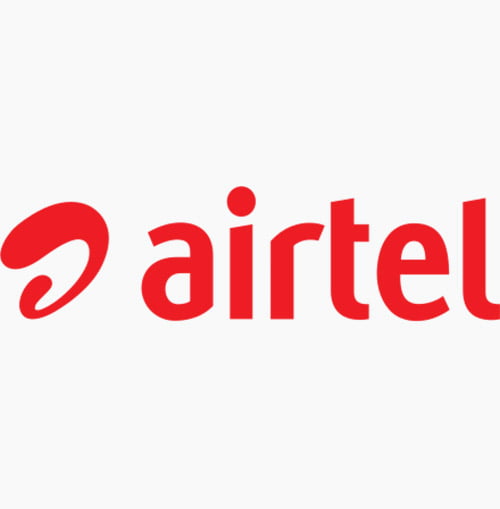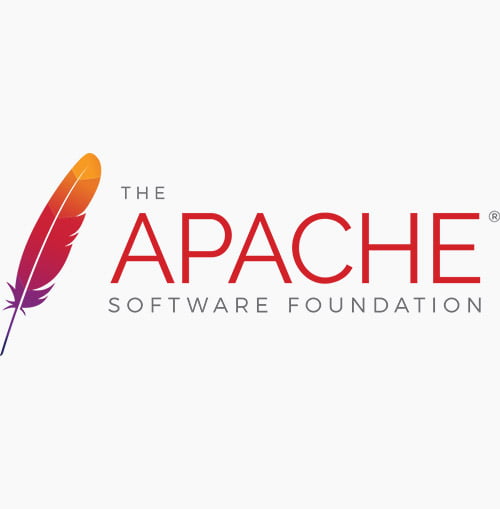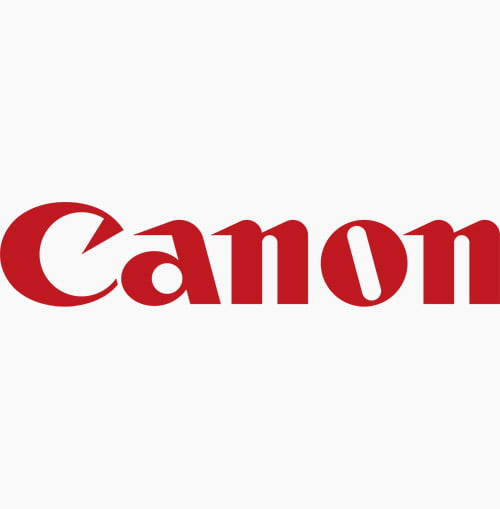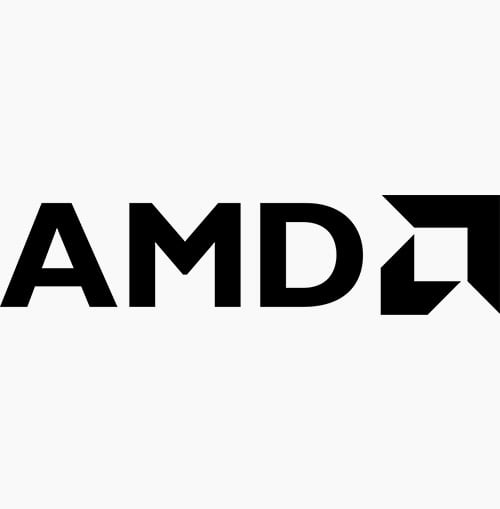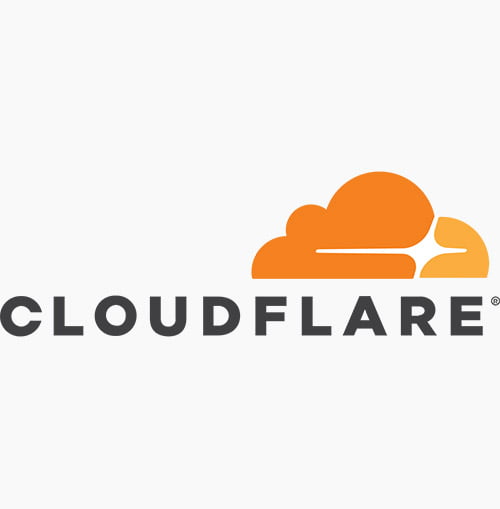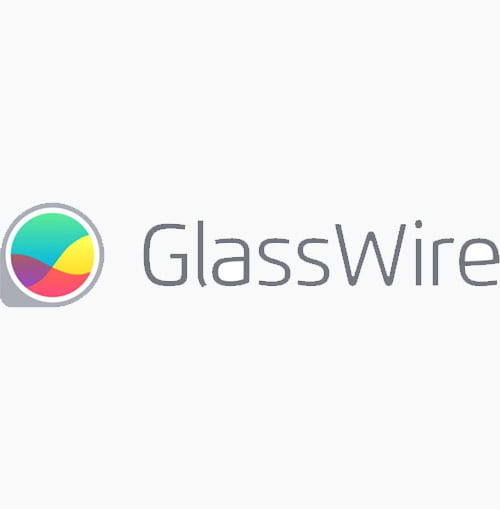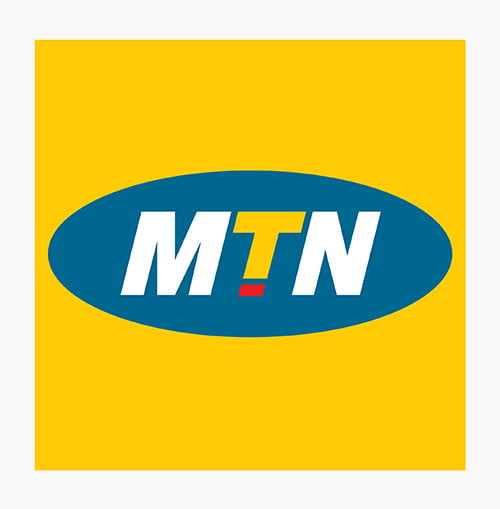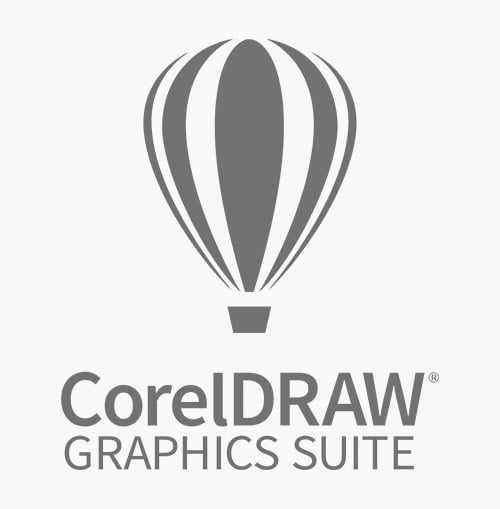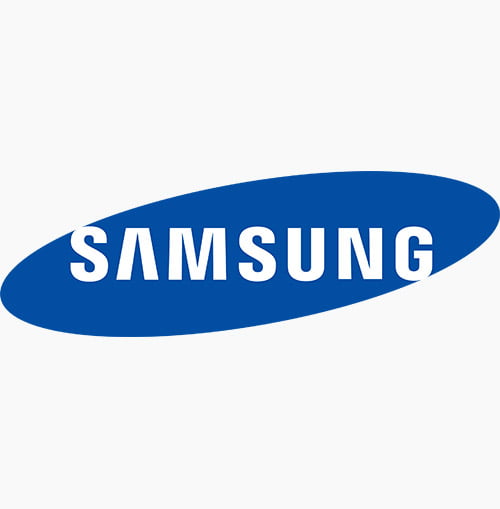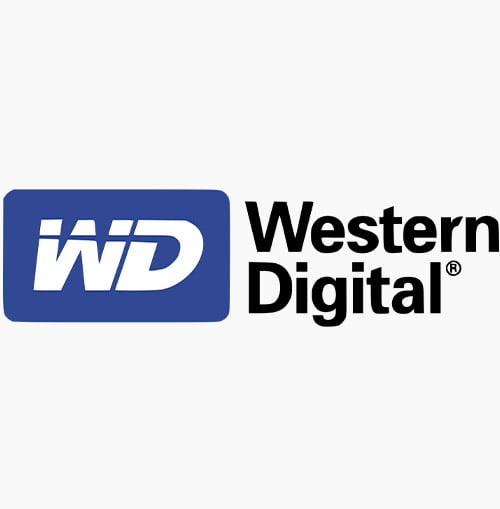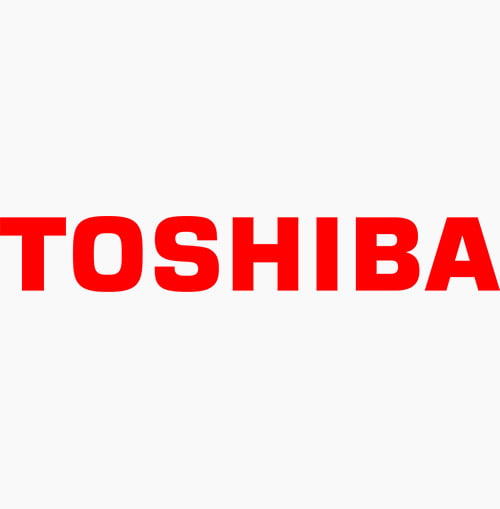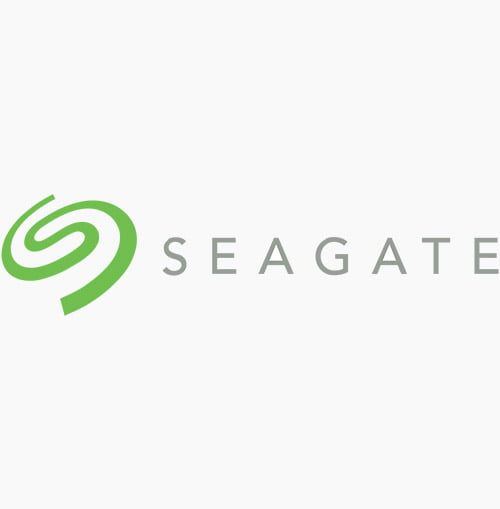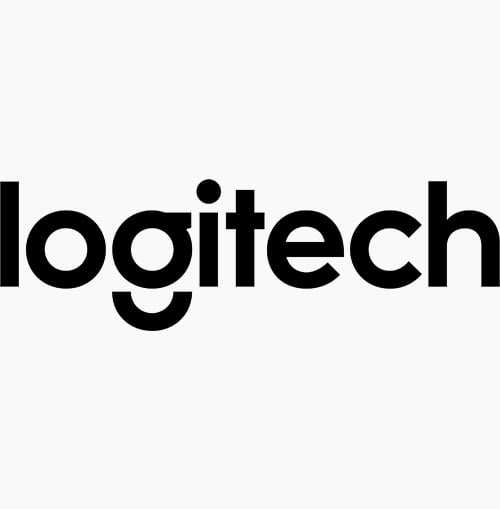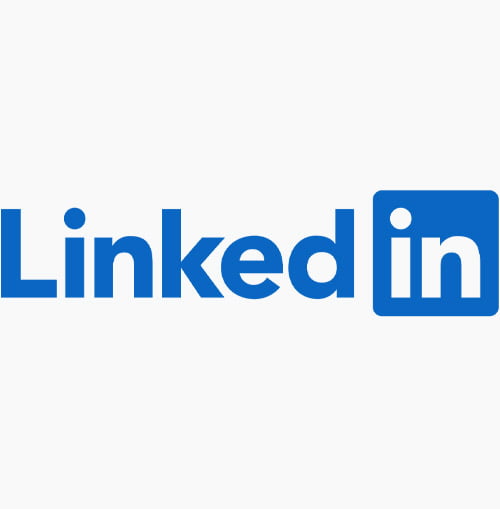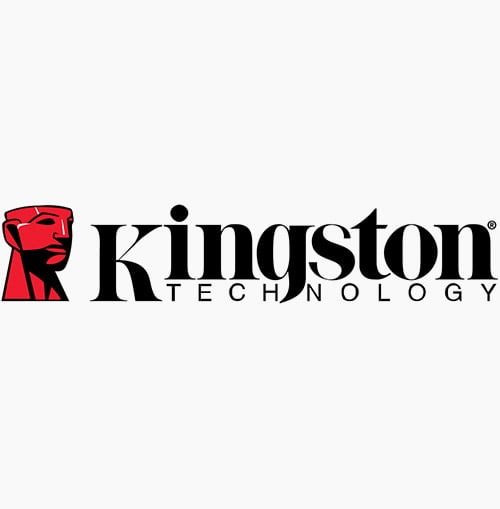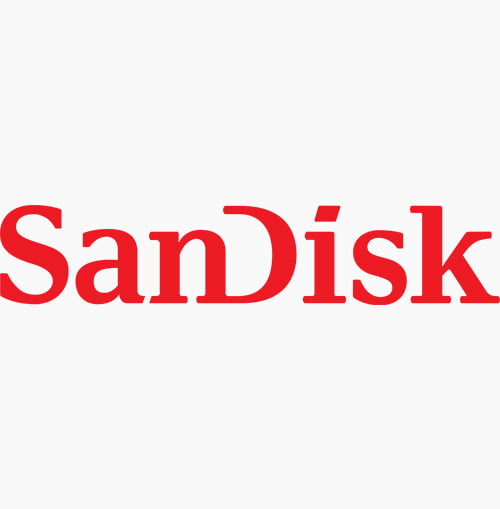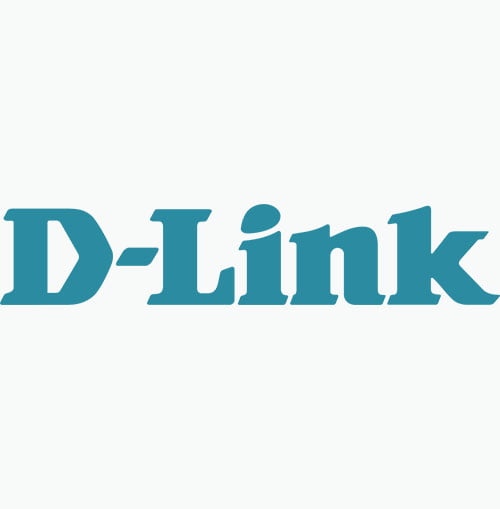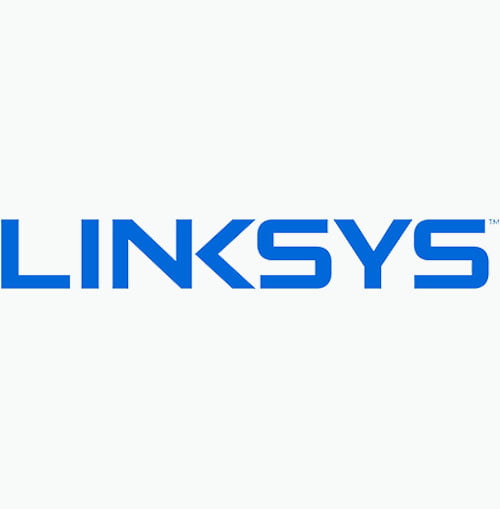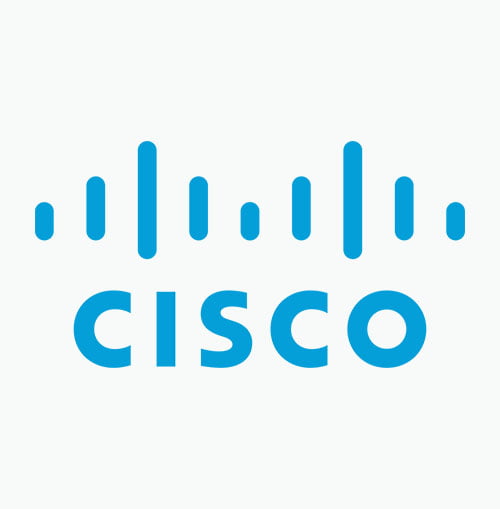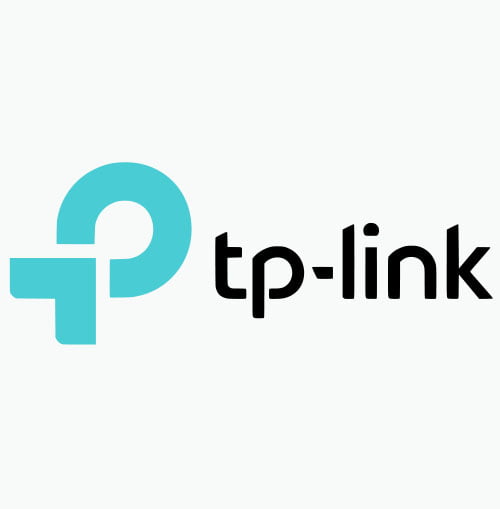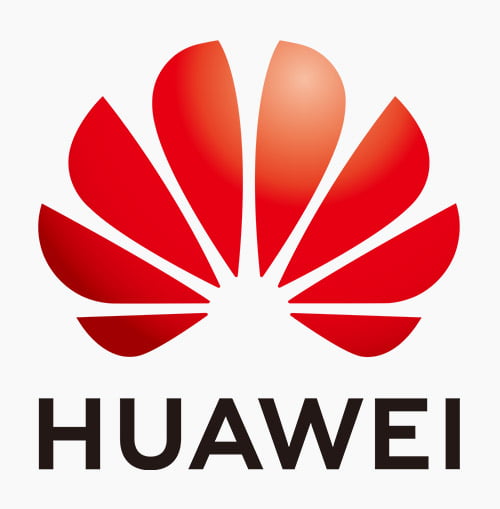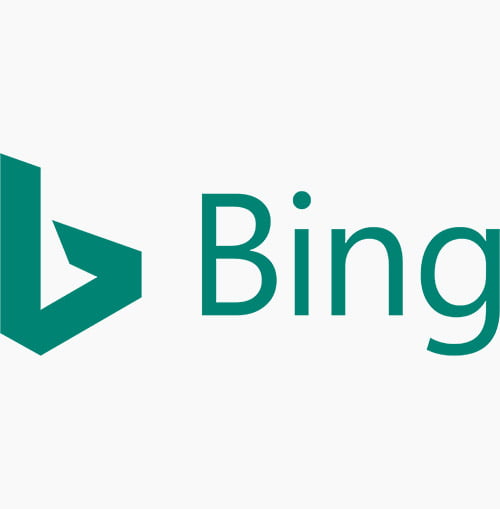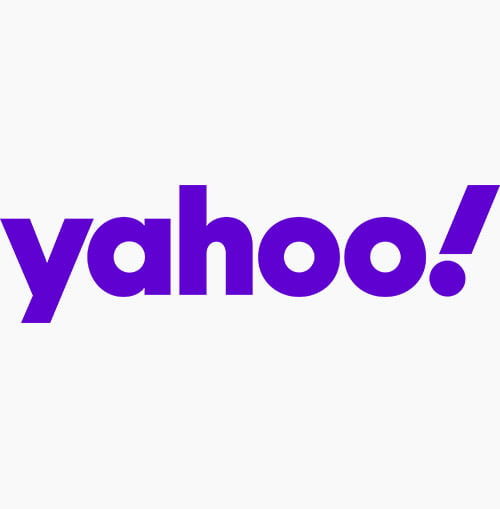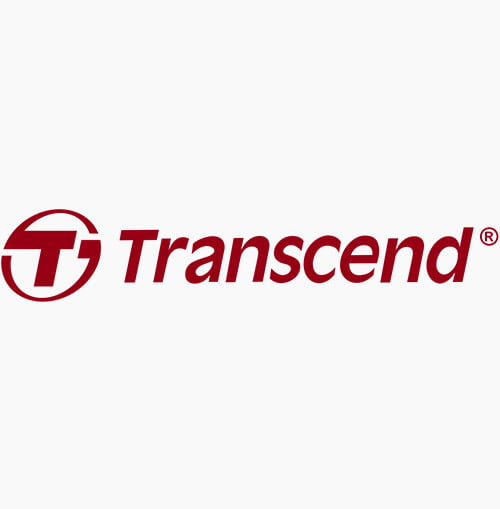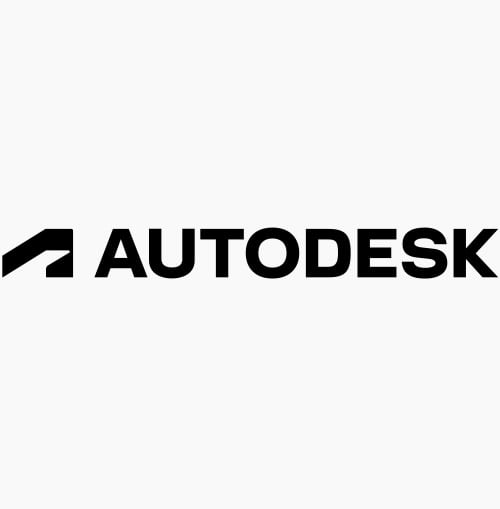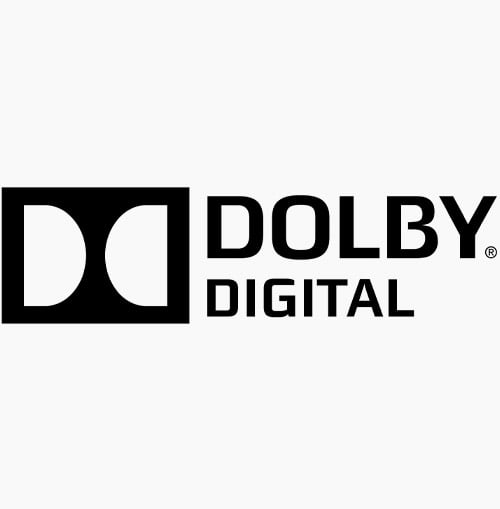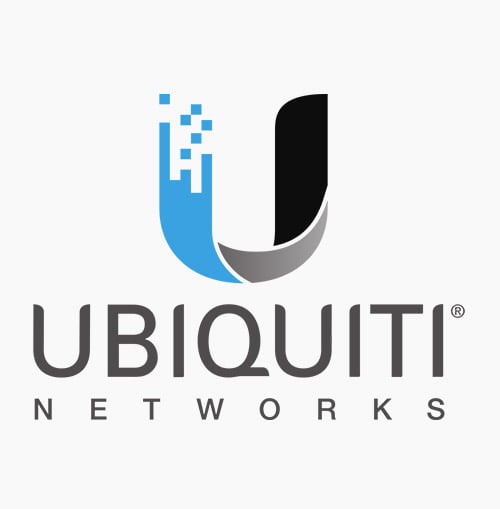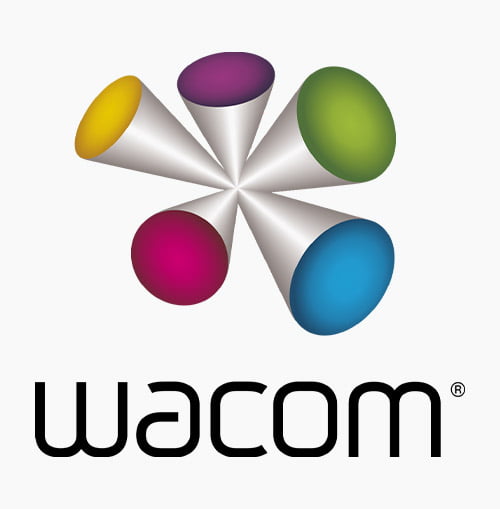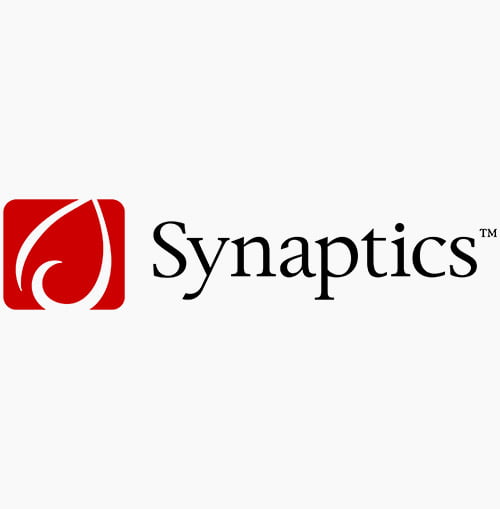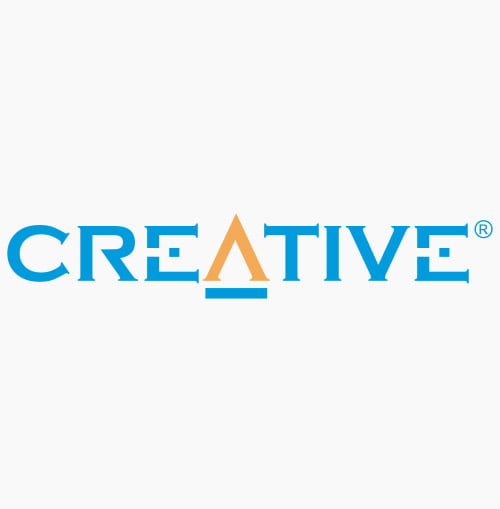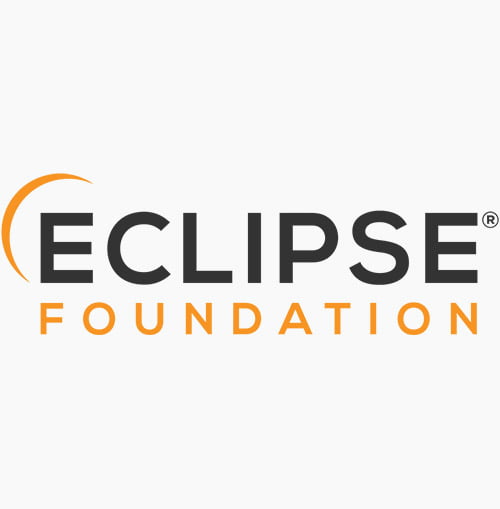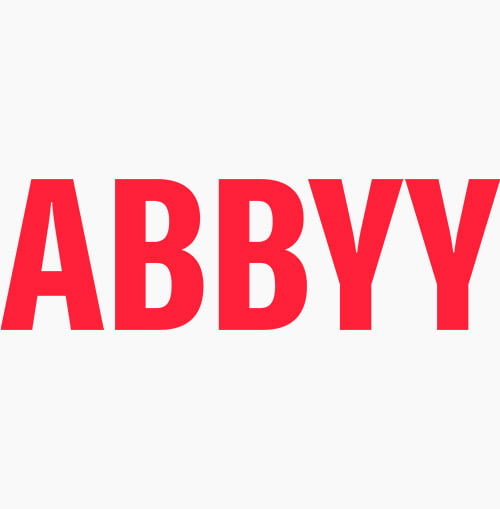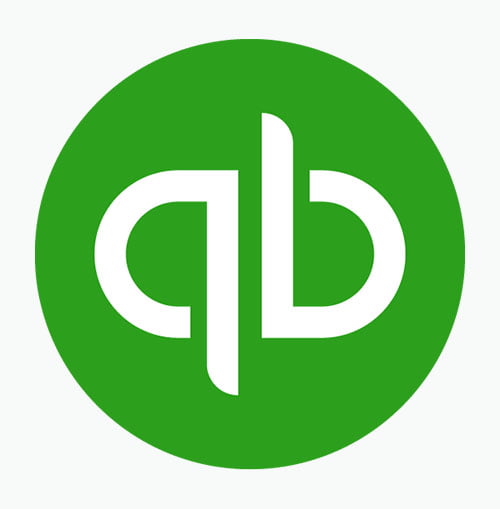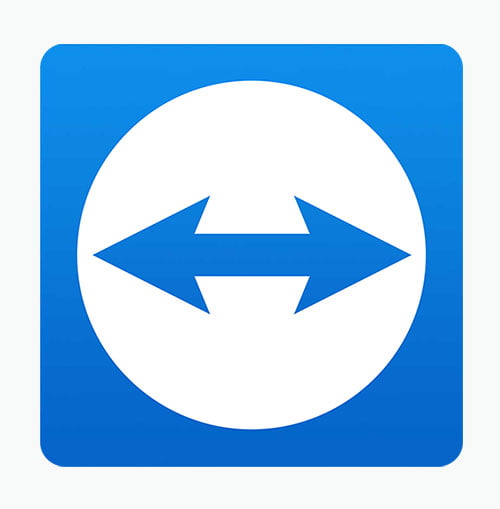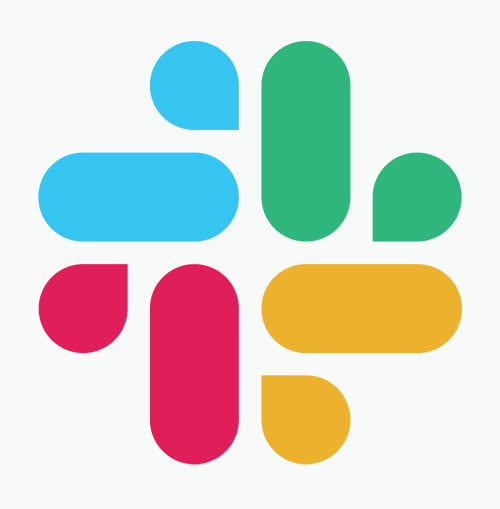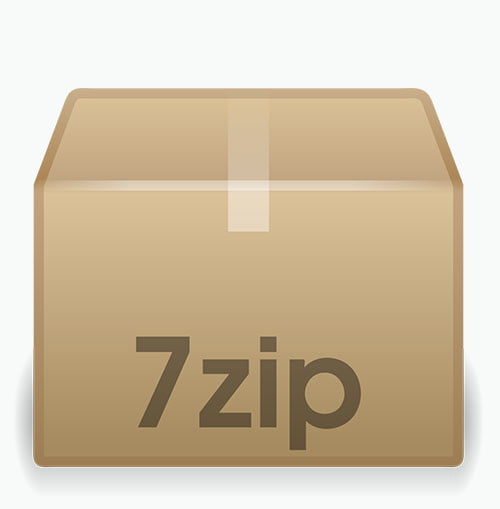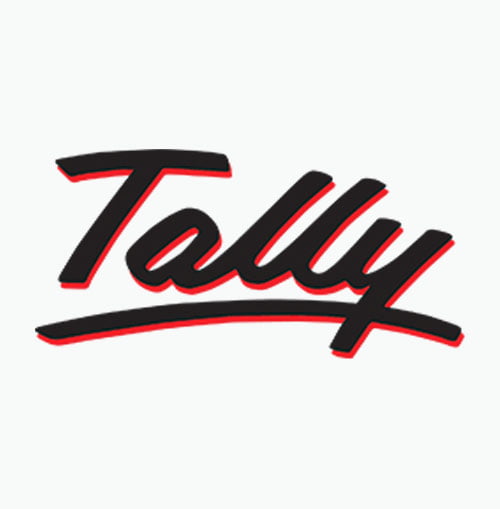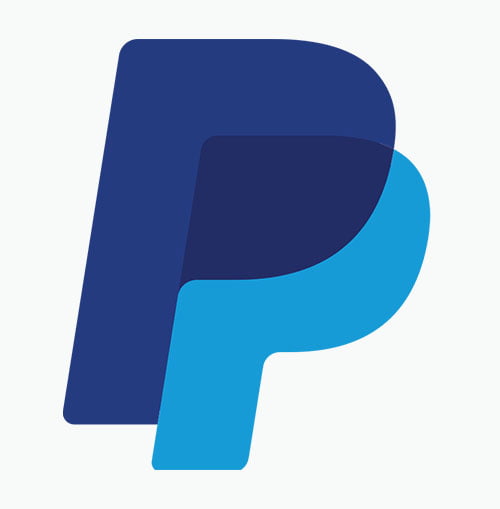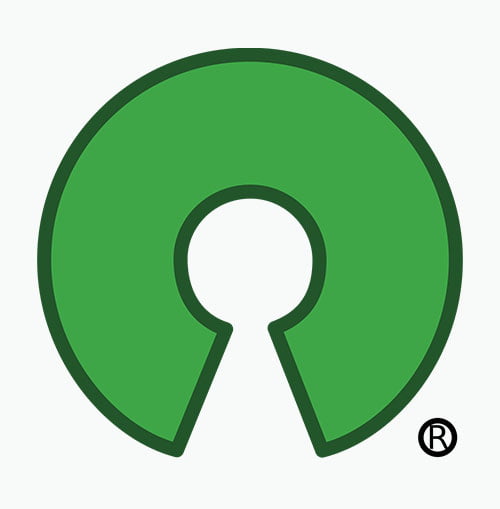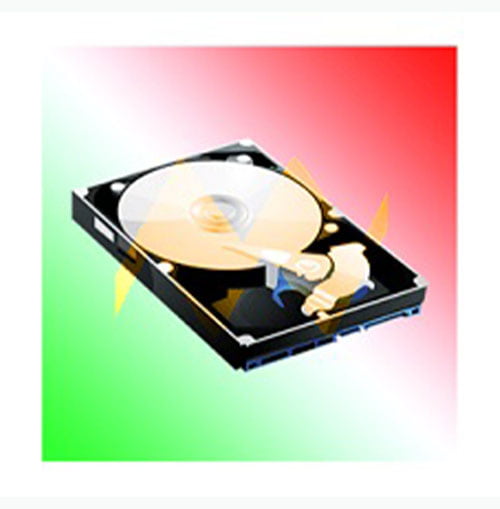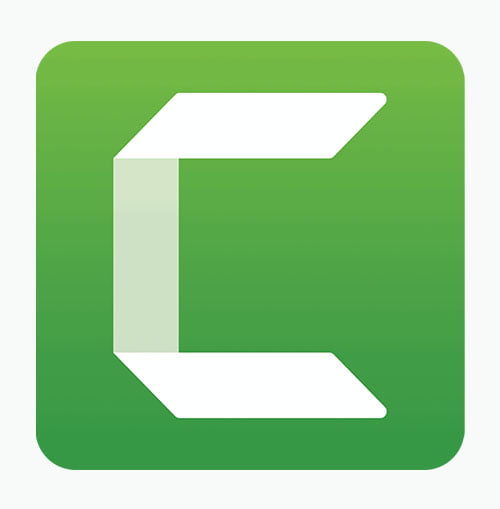Hospital management system solutions company kampala uganda isazeni solutions
At Isazeni Solutions SMC Limited, we recognize the growing need for efficient, reliable, and easy-to-use Hospital Management Systems (HMS) in today’s healthcare environment. As healthcare institutions continue to evolve, technology plays an essential role in improving operational efficiency, enhancing patient care, and streamlining administrative processes. Our tailored HMS solutions are designed to meet the specific needs of hospitals, clinics, and healthcare providers, enabling them to deliver better services to their patients while improving internal processes.
Why Choose Isazeni Solutions for HMS?
With your strong foundation in ICT solutions, Isazeni Solutions is well-positioned to bring advanced HMS solutions that enhance the management of hospital operations. Whether it’s for a small clinic or a large hospital network, we have the expertise to provide the following:
- Comprehensive Software Solutions: From patient registration and appointment scheduling to billing, pharmacy management, and electronic health records (EHR), we offer an all-in-one system that integrates all essential aspects of hospital operations.
- Customizable & Scalable Solutions: Every healthcare institution has unique needs. We offer customizable and scalable HMS solutions that grow with your hospital, allowing you to add features and modules as required.
- Secure Patient Data Management: Patient data privacy and security are paramount in healthcare. Our system adheres to the highest security standards to protect sensitive medical information while ensuring compliance with health data regulations.
- User-Friendly Interface: Our system’s interface is designed to be intuitive and easy to use for both administrative staff and healthcare professionals. With minimal training, your team can begin using the system effectively.
- Real-Time Reporting and Analytics: Gain insights into key performance indicators (KPIs), patient statistics, financial reports, and more through real-time data dashboards, which help you make informed decisions about your healthcare institution.
Key Features of Isazeni Solutions’ Hospital Management System
- Patient Registration & Management:
- Streamline patient registration with digital records, reducing administrative overhead.
- Maintain detailed patient profiles, including medical history, treatment plans, and billing information.
- Appointment Scheduling:
- A user-friendly scheduling system to book and manage patient appointments.
- Automated reminders for patients to reduce no-shows and ensure timely care.
- Electronic Health Records (EHR):
- Store and manage patient medical records digitally.
- Ensure easy access to medical histories for doctors and healthcare professionals, improving the quality of care.
- Billing & Accounting:
- Integrated billing system for managing patient billing, insurance claims, and payment processing.
- Generate financial reports to track hospital revenue and expenses.
- Pharmacy Management:
- Real-time tracking of inventory and medication stock.
- Prescription management with integration into the patient’s medical records.
- Laboratory & Radiology Integration:
- Enable seamless communication between laboratory and radiology departments for fast results sharing.
- Store test results digitally and link them to patient profiles.
- Doctor & Staff Management:
- Manage doctor and healthcare staff schedules, roles, and responsibilities.
- Track staff performance and streamline payroll management.
- Real-Time Reporting & Analytics:
- Track key metrics such as patient volume, bed occupancy rates, and department efficiency.
- Generate detailed financial, operational, and clinical reports for management review.
Benefits of Implementing an HMS with Isazeni Solutions
- Improved Operational Efficiency:
- Eliminate paper-based processes, reducing manual errors and delays.
- Streamline workflows, allowing staff to focus on patient care.
- Enhanced Patient Care:
- Centralized patient data enables faster decision-making and better healthcare outcomes.
- Quick access to patient records ensures continuity of care across departments.
- Cost-Effectiveness:
- Reduced administrative costs due to automated workflows.
- Improved billing accuracy and timely collection of payments.
- Compliance & Security:
- Our system is built with compliance in mind, following Uganda’s health data regulations and international standards for data security.
- Scalability:
- Whether you are a small clinic or a large hospital network, our HMS solutions scale according to the size and needs of your institution.
Why Uganda Needs an Advanced HMS
In Uganda, healthcare facilities are often faced with challenges such as resource shortages, fragmented systems, and manual processes that can lead to inefficiency and errors. By implementing Hospital Management Systems, healthcare providers can modernize their operations, improve patient satisfaction, and reduce the chances of medical mistakes.
With Isazeni Solutions, Uganda’s healthcare sector can embrace the future of healthcare management by adopting HMS technology that’s designed to grow with the industry’s needs. As healthcare systems evolve, it’s essential to have a robust technology partner who understands both the healthcare landscape and the technology required to support it.
Get Started Today with Isazeni Solutions
Isazeni Solutions SMC Limited is committed to helping healthcare providers in Uganda optimize their operations through cutting-edge technology. Our experienced team is ready to implement Hospital Management System solutions that streamline your operations, improve patient care, and support the future growth of your healthcare institution.
Are you ready to take your healthcare facility to the next level? Contact us today, and let us help you transform your hospital management system for better efficiency and improved patient outcomes.
What is hospital management system solutions company
A Hospital Management System (HMS) is a comprehensive software solution designed to streamline, manage, and automate the various functions of a hospital or healthcare facility. It integrates multiple departments within the healthcare system, such as patient care, administration, billing, pharmacy, laboratory, and human resources, into a unified platform. The goal of an HMS is to improve operational efficiency, enhance patient care, reduce errors, and ensure smooth communication between all stakeholders.
Here’s a breakdown of what a Hospital Management System typically includes:
Key Features of a Hospital Management System (HMS)
- Patient Registration & Management:
- Patient Information: The system stores personal and medical details of patients, including medical history, treatments, allergies, and more.
- Registration & Admission: Patients are easily registered, and their admission details are captured, streamlining the process from entry to treatment.
- Appointment Scheduling:
- Online Booking & Management: Patients can schedule appointments with healthcare providers online or through a front desk system. This feature manages doctor availability, appointment slots, and patient preferences.
- Appointment Reminders: Automated SMS/email notifications help reduce missed appointments.
- Electronic Health Records (EHR):
- Centralized Data Storage: Patient health records are stored digitally, giving healthcare providers instant access to medical histories, lab results, prescriptions, diagnoses, and treatment plans.
- Real-time Updates: Healthcare professionals can update records in real time, ensuring all relevant staff members are informed and able to provide continuous care.
- Billing and Payment Management:
- Cost Tracking: The system tracks medical services, procedures, medications, and patient treatment costs.
- Insurance Integration: It can handle insurance claims, policy verification, and billing, ensuring smooth payment collection.
- Invoicing & Payment Processing: Generates invoices and allows for patient payments to be processed digitally, with receipts automatically recorded.
- Pharmacy Management:
- Inventory Tracking: Tracks pharmaceutical stock levels, expiration dates, and supplier orders, reducing the risk of running out of critical medications.
- Prescription Management: Ensures accurate prescribing by linking prescriptions to patient records and automating the dispensing process.
- Laboratory & Radiology Integration:
- Test Results: Lab and radiology results are digitized and added directly to patient records for easy access and review by doctors.
- Test Scheduling & Tracking: The system manages patient test scheduling and results, improving turnaround times.
- Doctor & Staff Management:
- Scheduling: Tracks the schedules of doctors, nurses, and support staff, ensuring proper staffing for each department.
- Performance Monitoring: The system can monitor staff performance, working hours, and payroll.
- Reports & Analytics:
- Operational Insights: Provides real-time data on patient volumes, bed occupancy rates, financials, and departmental efficiency, helping hospital administrators make data-driven decisions.
- Compliance Reporting: Ensures hospitals remain compliant with healthcare regulations and standards, generating necessary reports for audits and inspections.
- Communication & Collaboration:
- Internal Messaging: Facilitates communication between different hospital departments, doctors, nurses, and administrative staff, reducing delays and errors.
- Patient Communication: Patients can receive updates, appointment reminders, and test results directly through integrated communication channels.
- Security & Data Protection:
- Role-based Access Control: Ensures that only authorized personnel can access sensitive information.
- Data Encryption & Backup: Protects patient data from unauthorized access, loss, or breaches by using encryption and regular backups.
Benefits of a Hospital Management System
- Improved Efficiency:
- Automation of tasks such as patient registration, billing, and record keeping reduces manual workload and minimizes human error.
- Streamlining processes allows for smoother operations, reducing wait times and improving the overall patient experience.
- Enhanced Patient Care:
- Accurate, real-time access to patient information ensures that healthcare providers have the data they need to make informed decisions.
- EHR systems improve coordination among healthcare providers, ensuring better patient care across different departments.
- Cost Reduction:
- By automating various processes, hospitals can reduce administrative costs and improve resource allocation.
- Inventory management helps prevent overstocking or stockouts of medications, which can lead to unnecessary costs or service delays.
- Better Communication:
- Internal collaboration between departments and external communication with patients is streamlined, reducing the chances of mistakes and improving service delivery.
- Real-time access to data ensures that healthcare professionals are always on the same page regarding patient status and needs.
- Data Security & Compliance:
- Confidentiality and data protection are paramount in the healthcare sector. An HMS ensures that sensitive patient data is securely stored and complies with data protection regulations, such as HIPAA in the U.S. or GDPR in the EU.
- Automated reports assist with regulatory compliance and audits, making it easier to track and demonstrate adherence to healthcare standards.
- Real-Time Reporting and Analytics:
- Hospitals gain access to real-time dashboards that provide insights into operational and financial performance, helping decision-makers manage resources, improve patient care, and optimize hospital operations.
Why Hospitals Need an HMS:
- Increasing Demand for Efficiency: Healthcare systems are under pressure to provide high-quality care while managing resources effectively. An HMS enables healthcare institutions to do this by automating processes and providing real-time information.
- Improving Patient Satisfaction: By reducing wait times, improving communication, and providing better overall care, an HMS enhances the patient experience, leading to greater satisfaction.
- Regulatory Compliance: Healthcare institutions need to meet various legal and regulatory requirements. An HMS helps ensure that hospitals comply with these standards, including data protection and healthcare laws.
- Adaptability to Growth: As hospitals grow, it becomes more difficult to manage operations manually. An HMS supports scalability, making it easier for hospitals to expand and add new services without losing efficiency.
Conclusion:
A Hospital Management System is an indispensable tool for modern healthcare facilities. It brings together technology and healthcare practices to improve patient care, enhance operational efficiency, and ensure smooth administrative processes. By integrating various hospital functions, HMS software allows hospitals to deliver superior healthcare services while maintaining financial and operational stability.
For healthcare providers in Uganda or anywhere else, investing in an HMS can be a transformative step towards better management, higher-quality patient care, and sustainable growth.
Need Systems Design & Software Development?

How much is hospital management system solutions company
The cost of a Hospital Management System (HMS) can vary widely depending on several factors, including the size of the hospital, the number of features required, the level of customization, and whether the system is cloud-based or on-premise. For a company like Isazeni Solutions in Kampala, Uganda, which provides tailored HMS solutions, the pricing structure would typically be based on these factors.
Factors Affecting HMS Pricing:
- Hospital Size & Scale: Small clinics vs large hospitals.
- System Customization: Basic vs advanced features (e.g., EHR, billing, pharmacy, labs).
- Number of Users: The cost can vary based on how many doctors, nurses, and administrative users will access the system.
- Deployment Type: Cloud-based solutions (more affordable and scalable) vs on-premise systems (higher initial costs, but with more control).
- Maintenance and Support: Ongoing technical support and updates often come with additional costs.
- Training: Training hospital staff on how to use the system could be included in the cost or may require additional charges.
To give you a ballpark estimate, I’ll break down a hypothetical pricing structure for different types of hospitals and the common modules they might need.
Example of HMS Pricing in Kampala (Isazeni Solutions)
1. Small Clinic (1-50 Users)
A small clinic would need a basic HMS system that includes features like patient registration, appointments, and basic billing. These systems are often easier to implement and less expensive.
|
Item |
Cost (UGX) |
Description |
|
HMS Software License (One-time) |
UGX 5,000,000 – UGX 10,000,000 |
Basic software package with key modules (Patient Registration, Billing, Appointments). |
|
Customization |
UGX 1,000,000 – UGX 3,000,000 |
Customization to meet specific needs of the clinic. |
|
Training (per user) |
UGX 150,000 – UGX 300,000 |
Training staff on how to use the system. |
|
Annual Maintenance & Support |
UGX 2,000,000 – UGX 4,000,000 |
Ongoing system support, updates, and troubleshooting. |
Total Estimated Cost for Small Clinic (First Year):
UGX 8,150,000 – UGX 17,300,000
2. Medium Hospital (50-200 Users)
For a medium-sized hospital, the system will require additional features such as Electronic Health Records (EHR), Pharmacy Management, and Laboratory Integration. These hospitals will need more advanced features and scalability.
|
Item |
Cost (UGX) |
Description |
|
HMS Software License (One-time) |
UGX 15,000,000 – UGX 30,000,000 |
Advanced software package with full hospital modules (Patient Management, EHR, Billing, Pharmacy). |
|
Customization |
UGX 5,000,000 – UGX 10,000,000 |
Custom features based on the hospital’s specific requirements. |
|
Training (per user) |
UGX 200,000 – UGX 400,000 |
Staff training on system use. |
|
Annual Maintenance & Support |
UGX 4,000,000 – UGX 8,000,000 |
Ongoing system maintenance and technical support. |
Total Estimated Cost for Medium Hospital (First Year):
UGX 24,200,000 – UGX 48,400,000
3. Large Hospital (200+ Users)
Large hospitals require complex systems that handle a high volume of patients and multiple departments. The system will likely include advanced analytics, real-time reporting, and integrations with other systems (such as insurance or third-party medical devices).
|
Item |
Cost (UGX) |
Description |
|
HMS Software License (One-time) |
UGX 50,000,000 – UGX 100,000,000 |
Enterprise-level software package with full hospital integration (EHR, Billing, Labs, Pharmacy, Radiology, Doctor & Staff Management). |
|
Customization |
UGX 10,000,000 – UGX 20,000,000 |
Custom modules or special integrations. |
|
Training (per user) |
UGX 300,000 – UGX 500,000 |
Comprehensive training program for all users. |
|
Annual Maintenance & Support |
UGX 10,000,000 – UGX 20,000,000 |
Extensive support, updates, and troubleshooting. |
Total Estimated Cost for Large Hospital (First Year):
UGX 70,300,000 – UGX 140,500,000
Ongoing Costs for All Hospitals:
- Cloud Hosting (if applicable): If the system is cloud-based, hospitals would pay a monthly or yearly hosting fee.
- Estimated Monthly Hosting: UGX 500,000 – UGX 2,000,000 depending on the hospital’s size.
- Support & Maintenance: Most companies like Isazeni Solutions offer annual support packages that cover software updates, bug fixes, and user support.
- Annual Maintenance: Typically 15-25% of the total initial cost for the software.
Example Breakdown for a Medium Hospital:
|
Feature |
Cost (UGX) |
Details |
|
HMS Software License |
UGX 20,000,000 |
Full system for patient management, billing, EHR, etc. |
|
Customization |
UGX 7,000,000 |
Adjusting the system to the hospital’s specific needs. |
|
Training (per user) |
UGX 250,000 (per user) |
Training for doctors, nurses, and admin staff. |
|
Annual Maintenance & Support |
UGX 5,000,000 |
Includes software updates and technical support. |
|
Cloud Hosting (if cloud-based) |
UGX 1,500,000 per month |
Monthly hosting for a scalable system. |
Total Estimated Cost (First Year):
UGX 33,250,000 – UGX 41,500,000 (for a medium-sized hospital)
Conclusion:
The cost of a Hospital Management System from a company like Isazeni Solutions in Kampala will depend on the hospital’s size, the complexity of the system, and the specific modules required.
- Small Clinics: Typically cost between UGX 8 million to UGX 17 million in the first year.
- Medium Hospitals: The cost can range from UGX 24 million to UGX 48 million in the first year.
- Large Hospitals: Costs can range from UGX 70 million to UGX 140 million or more for the first year, depending on the features and customization needed.
These prices are estimates and can vary based on specific needs, system features, and ongoing service contracts. Would you like to discuss specific requirements for a hospital or explore a detailed proposal for an HMS solution?
Need Systems Designers & Software Developers?

Types of hospital management system solutions company
A Hospital Management System (HMS) integrates various hospital functions to streamline operations, improve patient care, and increase overall efficiency. Different types of HMS solutions can be used depending on the hospital’s size, services, and requirements. Below, I’ll explain 10 different types of HMS solutions, each catering to specific needs and functionalities in healthcare facilities.
- Patient Management System (PMS)
Purpose: This system manages all patient-related activities from registration to discharge, helping to track patient details, medical history, appointments, and treatment plans.
Key Features:
- Patient Registration: Collect and store personal and medical information.
- Appointments & Scheduling: Book, manage, and reschedule appointments.
- Medical History: Maintain a detailed record of a patient’s previous treatments, diagnoses, and test results.
- Admission/Discharge Management: Efficient handling of patient admission and discharge procedures.
Benefits:
- Improved patient data management.
- Streamlined patient flow and reduced wait times.
- Electronic Health Records (EHR) System
Purpose: The EHR system allows healthcare providers to store and manage patient health records digitally, which can be accessed by authorized personnel across various departments.
Key Features:
- Medical History Storage: Comprehensive storage of patient histories, treatments, allergies, and medication details.
- Real-Time Updates: Instant access to updated health records by authorized doctors, nurses, and staff.
- Interdepartmental Integration: Easy sharing of patient data across departments like radiology, laboratory, and pharmacy.
Benefits:
- Centralized patient information.
- Reduced errors and better decision-making by healthcare professionals.
- Increased efficiency through instant access to medical records.
- Pharmacy Management System
Purpose: This system manages the entire pharmaceutical process, including inventory control, medication prescriptions, and patient medication history.
Key Features:
- Inventory Management: Track stock levels, orders, and expiration dates.
- Prescription Management: Ensure proper prescriptions are filled and recorded.
- Medicine Dispensing: Automatic tracking and management of medication dispensing to patients.
- Drug Interaction Alerts: Alerts for possible harmful drug interactions based on patient prescriptions.
Benefits:
- Accurate medication tracking.
- Reduced medication errors.
- Improved inventory control and reduced wastage.
- Laboratory Information Management System (LIMS)
Purpose: The LIMS is designed for hospitals with an in-house laboratory. It manages the entire lab process from sample collection to result generation.
Key Features:
- Sample Tracking: Track the movement and processing of lab samples.
- Test Result Management: Digital record of test results, ensuring they’re accurately linked to patient profiles.
- Automated Report Generation: Auto-generates lab reports for quick access by healthcare providers.
- Inventory Management: Manage laboratory supplies, reagents, and equipment.
Benefits:
- Improved turnaround time for test results.
- Reduced manual errors and improved data accuracy.
- Better coordination between lab and other hospital departments.
- Radiology Information System (RIS)
Purpose: A RIS is designed to manage medical images and associated data in hospitals with imaging departments, such as radiology, ultrasound, and MRI.
Key Features:
- Image Management: Store, retrieve, and share medical images.
- Patient Record Integration: Link medical images to patient profiles.
- Scheduling & Reporting: Schedule radiology exams and generate reports based on imaging results.
- Data Sharing: Easy sharing of images with external specialists or other healthcare providers.
Benefits:
- Enhanced patient data management.
- Faster and more efficient sharing of diagnostic images.
- Improved collaboration among specialists.
- Billing & Accounting System
Purpose: This system handles all financial transactions in a hospital, including patient billing, insurance claims, payments, and financial reporting.
Key Features:
- Patient Billing: Generate accurate invoices for services provided.
- Insurance Claims: Process insurance claims and track reimbursements.
- Payment Processing: Handle payments via various methods (cash, credit, insurance).
- Financial Reports: Generate reports on hospital revenue, expenses, and profitability.
Benefits:
- Reduced billing errors.
- Faster and easier claim processing.
- Improved financial transparency and reporting.
- Human Resource Management System (HRMS)
Purpose: The HRMS handles the management of hospital staff, including recruitment, payroll, attendance, and performance tracking.
Key Features:
- Employee Data Management: Store and manage staff personal and professional information.
- Payroll Management: Calculate and process payroll for doctors, nurses, and other hospital staff.
- Attendance & Leave Management: Track staff attendance, vacations, and shift schedules.
- Performance Appraisal: Monitor and evaluate staff performance, ensuring continuous improvement.
Benefits:
- Efficient staff management.
- Improved payroll accuracy and compliance.
- Better workforce performance tracking.
- Hospital Inventory Management System
Purpose: This system helps hospitals manage all supplies, including medical equipment, consumables, and other essential materials, to ensure they never run out of stock.
Key Features:
- Stock Monitoring: Real-time tracking of inventory items and stock levels.
- Procurement Management: Automatically generate orders when stock is low.
- Supplier Management: Track and manage relationships with suppliers.
- Expiration Tracking: Alerts when supplies or medications are nearing expiration.
Benefits:
- Optimized inventory and resource allocation.
- Prevents stockouts and overstocking.
- Reduces waste and improves financial management.
- Patient Portal System
Purpose: A patient portal is a web-based application that allows patients to interact with the hospital, book appointments, access medical records, and make payments.
Key Features:
- Appointment Booking: Allows patients to book and manage appointments online.
- Medical Records Access: Patients can view their medical history, test results, and prescriptions.
- Billing & Payments: Enable patients to view and pay bills online.
- Communication: Secure messaging system for communication between patients and healthcare providers.
Benefits:
- Empower patients by providing easy access to their health information.
- Streamlined appointment booking and payment processes.
- Improved patient engagement and satisfaction.
- Hospital Management System (HMS)
Purpose: A comprehensive system that integrates all the hospital’s core functions and departments into a unified platform, allowing for smoother operations and better patient care.
Key Features:
- Complete Hospital Management: Manages patient data, appointments, billing, pharmacy, HR, and inventory in one system.
- Multi-Departmental Integration: Connects all departments, ensuring seamless information flow.
- Data Analytics & Reporting: Offers advanced data analysis for better decision-making.
- Security & Compliance: Ensures that patient data is protected according to privacy regulations.
Benefits:
- Centralized management of all hospital operations.
- Improved patient care with real-time access to information.
- Streamlined processes and reduced administrative overhead.
Conclusion:
These 10 types of Hospital Management System (HMS) solutions cover a wide range of hospital functions, from patient care and financial management to staff and inventory control. Hospitals can implement these systems individually or as part of an integrated HMS solution to enhance operational efficiency, reduce costs, improve patient satisfaction, and comply with regulatory requirements.
Each hospital has unique needs, so the right combination of HMS solutions should be chosen based on size, services offered, and budget. Would you like to explore how Isazeni Solutions can implement one or more of these systems for your healthcare institution in Uganda?
Need Systems Designers & Software Developers?
- Your Title Goes Here 50%
Why is hospital management system solutions company important
A Hospital Management System (HMS) is crucial for healthcare facilities, as it streamlines the management of operations, improves patient care, and ensures better efficiency and data accuracy. For a company like Isazeni Solutions SMC Limited in Kampala, Uganda, providing customized HMS solutions, it is important for several reasons. Here are 10 detailed reasons why Isazeni Solutions’ Hospital Management System solutions are important:
- Streamlining Hospital Operations
HMS solutions help hospitals in Kampala and across Uganda streamline their daily operations. By automating administrative processes such as patient registration, scheduling, billing, and medical record management, the system reduces manual work and eliminates bottlenecks. For Isazeni Solutions, offering these services allows hospitals to improve the speed and efficiency of their operations, reducing waiting times and improving the overall patient experience.
Example: Automating appointment scheduling and patient flow management minimizes patient wait time, improving service delivery and patient satisfaction.
- Improved Patient Data Management
A major challenge in healthcare is managing large amounts of patient data. An effective HMS from Isazeni Solutions integrates Electronic Health Records (EHR), which centralize all patient data in one accessible system. This enables healthcare providers to instantly retrieve patient records, reducing errors and improving decision-making.
Example: If a patient visits multiple departments (e.g., lab, pharmacy, radiology), healthcare providers can easily access their complete history, ensuring more accurate diagnoses and treatment plans.
- Enhanced Patient Care and Safety
Isazeni Solutions’ HMS solutions directly contribute to enhanced patient care by providing healthcare providers with real-time access to accurate and up-to-date patient information. This enables better decision-making, timely interventions, and personalized treatments, which are crucial in a healthcare setting.
Example: Automated alerts for adverse drug reactions or abnormal lab results allow healthcare providers to act promptly, preventing potential patient harm.
- Efficient Billing and Financial Management
Hospital billing is a complex process, especially when dealing with insurance companies, patient payments, and multiple departments. Isazeni Solutions’ HMS offers efficient billing and financial management modules, which ensure transparency, accuracy, and reduce billing errors.
Example: With automated billing, patients receive accurate invoices for services rendered, and the system can also handle insurance claims, ensuring timely reimbursement and preventing discrepancies.
- Improved Communication Across Departments
Isazeni Solutions’ HMS fosters real-time communication across various departments, including doctors, nurses, laboratory staff, and pharmacists. This is essential for quick decision-making and improving collaboration in patient care.
Example: A doctor can view the results of a laboratory test instantly, or a pharmacist can access updated prescriptions in real time, ensuring accurate treatment and medications are provided to patients without delays.
- Inventory and Supply Chain Management
Hospitals deal with large quantities of medical supplies, pharmaceuticals, and equipment. Isazeni Solutions’ HMS provides inventory management features that track stock levels, orders, and expiry dates. By automating this process, the hospital can avoid stockouts and overstocking, reduce waste, and ensure proper supply chain management.
Example: The system can automatically trigger reorder alerts when stock reaches a minimum level, ensuring that essential medicines and supplies are always available.
- Improved Decision-Making with Data Analytics
Hospital managers and administrators need to make critical decisions regarding hospital operations, staff management, resource allocation, and patient care. Isazeni Solutions integrates data analytics features within the HMS, enabling hospital managers to make data-driven decisions.
Example: Reports and dashboards can show key performance indicators (KPIs) like patient admission rates, bed occupancy, financial revenue, or treatment outcomes, allowing administrators to identify areas for improvement.
- Regulatory Compliance and Security
In Uganda and globally, healthcare institutions must comply with various regulations related to data security and patient privacy (such as HIPAA in the U.S.). Isazeni Solutions ensures that their HMS solutions adhere to these regulations, offering encrypted data storage, user access control, and audit trails to protect sensitive patient information.
Example: Only authorized medical staff can access specific parts of a patient’s record, and every action is logged for accountability and security.
- Cost Efficiency and Resource Optimization
An HMS solution from Isazeni Solutions optimizes hospital resources, leading to reduced operational costs. Automating tasks like patient management, inventory control, and scheduling improves the efficient use of hospital assets and labor, reducing wastage and ensuring resources are allocated effectively.
Example: By automating scheduling, the hospital can better manage bed occupancy rates, avoid underutilization or overcrowding, and reduce administrative workload, ultimately saving time and money.
- Improved Patient Satisfaction
Ultimately, a well-integrated Hospital Management System positively impacts patient satisfaction. By reducing wait times, improving the accuracy of diagnosis and treatment, and providing better communication, hospitals can offer a smoother, more professional service that enhances patient experiences.
Example: A patient portal allows patients to book appointments, view test results, and make payments online, offering convenience and enhancing satisfaction with the overall healthcare experience.
Summary:
Isazeni Solutions’ Hospital Management System solutions are crucial for healthcare facilities in Kampala, Uganda, because they offer:
- Streamlined operations by automating administrative tasks.
- Improved patient data management, ensuring accuracy and accessibility.
- Enhanced patient care and safety through real-time information sharing.
- Efficient billing and financial management, reducing errors and increasing transparency.
- Improved communication across departments, aiding collaboration and decision-making.
- Inventory and supply chain management, preventing stockouts and wastage.
- Data-driven decision-making with analytics to optimize operations.
- Regulatory compliance with strict data security standards.
- Cost efficiency and resource optimization, reducing operational costs.
- Improved patient satisfaction, by offering timely and convenient services.
By implementing these solutions, hospitals can improve their operational efficiency, enhance patient care, ensure better financial management, and achieve higher levels of patient satisfaction. This is why Isazeni Solutions is a key player in helping healthcare facilities thrive in Uganda’s evolving healthcare landscape.
Need Systems Design & Software Development?
Our strategies and approaches
At Isazeni Solutions SMC Limited, we take a highly strategic and personalized approach to implement Hospital Management System (HMS) solutions that cater to the specific needs of healthcare facilities in Kampala, Uganda, and beyond. Below are 10 key strategies and approaches that we use to ensure our HMS solutions are efficient, reliable, and impactful for our clients:
- Tailored Needs Assessment
Strategy: We start by conducting a detailed needs assessment with hospital management and key stakeholders to understand the unique challenges and goals of each healthcare facility. This ensures that we fully understand their requirements before developing a solution.
Approach:
- We hold consultations with hospital administrators, department heads, and medical professionals to gather insights.
- We identify pain points in hospital workflows such as patient registration, appointment scheduling, and billing.
Outcome:
- This helps us deliver a customized solution that addresses specific needs, rather than offering a one-size-fits-all approach.
- Modular System Design
Strategy: We offer a modular HMS design, allowing healthcare facilities to implement only the modules they need initially and then scale the system as their needs evolve.
Approach:
- Hospitals can choose from modules like Patient Management, Billing, Inventory, Laboratory Management, etc.
- We ensure that each module integrates smoothly with others, allowing for a phased implementation without disrupting ongoing operations.
Outcome:
- This provides flexibility, reduces upfront costs, and ensures a gradual and manageable transition to a fully integrated HMS.
- User-Centric Interface and Training
Strategy: At Isazeni Solutions, we prioritize a user-friendly interface to ensure that hospital staff can easily adapt to the new system.
Approach:
- We design intuitive interfaces that require minimal training.
- We provide comprehensive training for hospital staff, covering all departments (medical, administrative, pharmacy, etc.).
- We offer continuous support post-implementation to resolve any issues that arise.
Outcome:
- This ensures high adoption rates and effective utilization of the system, leading to greater efficiency and minimal errors.
- Data Integration and Interoperability
Strategy: We focus on data integration and ensuring our HMS can easily integrate with other hospital systems, both internal and external (e.g., insurance providers, external laboratories).
Approach:
- We ensure seamless integration with existing electronic health records (EHR), Laboratory Information Management Systems (LIMS), and Radiology Information Systems (RIS).
- The system supports data exchange between departments and external partners, fostering collaboration and improving data consistency.
Outcome:
- This integration promotes better patient outcomes and reduces duplicate data entry or mistakes, ensuring data consistency and accessibility across all platforms.
- Cloud-Based Solutions
Strategy: We implement cloud-based HMS solutions, ensuring that hospital data is securely stored, easily accessible, and scalable without the need for significant on-premise infrastructure.
Approach:
- Our cloud-based solutions offer real-time data access for healthcare professionals, whether they’re on-site or working remotely.
- We ensure compliance with local data protection laws and regulations (e.g., GDPR, HIPAA).
Outcome:
- This reduces the need for heavy IT infrastructure investments while ensuring scalable growth and real-time collaboration across hospital departments.
- Real-Time Data Analytics and Reporting
Strategy: We incorporate advanced data analytics to provide real-time insights and reports, enabling hospital administrators to make data-driven decisions.
Approach:
- Dashboards and customized reports track key performance indicators (KPIs), patient flow, financial health, and inventory usage.
- Hospitals can monitor departmental performance, resource utilization, and patient satisfaction in real time.
Outcome:
- This improves decision-making, enhances operational efficiency, and identifies areas for improvement, contributing to better hospital management.
- Data Security and Compliance
Strategy: At Isazeni Solutions, we prioritize data security and ensure our HMS solutions meet international standards for privacy and compliance.
Approach:
- We implement encryption protocols to secure sensitive data and ensure that only authorized personnel have access.
- Our systems comply with local regulations (e.g., Uganda Data Protection Act) and global standards (e.g., HIPAA for healthcare data privacy).
Outcome:
- This ensures the security of patient data, builds trust with clients, and reduces the risk of data breaches or compliance violations.
- Customizable Reporting and Dashboards
Strategy: We provide customizable reporting and dashboards to allow hospital management teams to generate reports that are relevant to their unique goals and performance metrics.
Approach:
- We work closely with hospital leadership to determine which reports are most valuable (e.g., patient admission rates, staff performance, financial reports).
- Reports can be automatically generated or generated on-demand for various departments.
Outcome:
- This enables hospitals to track performance metrics and implement improvements in key areas such as patient care, resource allocation, and cost control.
- Continuous Support and Maintenance
Strategy: Post-implementation support is a key strategy for ensuring that hospitals continue to benefit from our solutions long after the system is deployed.
Approach:
- We provide 24/7 customer support and ensure that any technical issues are resolved promptly.
- Regular system maintenance and upgrades are included to keep the system running smoothly and up-to-date with the latest features and security patches.
Outcome:
- Continuous support ensures the system operates without interruptions, which translates to better service delivery and reliability for the hospital.
- Focus on Scalability and Future-Proofing
Strategy: We focus on scalable solutions that can adapt to the hospital’s growth, ensuring the HMS will remain relevant and efficient as hospital needs evolve.
Approach:
- Our systems are designed with flexibility, allowing new modules or features to be easily added as the hospital expands (e.g., new departments, additional locations).
- We continually monitor trends in the healthcare sector to offer future-proof technologies such as AI-driven diagnostics, telemedicine integration, or blockchain-based health records.
Outcome:
- The hospital can scale its operations without the need for major system overhauls, leading to a long-term, cost-effective investment.
Summary of the 10 Strategies and Approaches:
- Tailored Needs Assessment – Understanding unique requirements before implementing solutions.
- Modular System Design – Flexible and scalable system design with modular components.
- User-Centric Interface and Training – Easy-to-use interface and comprehensive staff training.
- Data Integration and Interoperability – Seamless integration with existing hospital systems.
- Cloud-Based Solutions – Secure, accessible, and scalable cloud infrastructure.
- Real-Time Data Analytics and Reporting – Real-time insights for decision-making and performance tracking.
- Data Security and Compliance – Ensuring data security and meeting global regulatory standards.
- Customizable Reporting and Dashboards – Tailored reports and KPIs for hospital administrators.
- Continuous Support and Maintenance – Ongoing support and system maintenance to ensure functionality.
- Focus on Scalability and Future-Proofing – Designing systems that grow with the hospital and adapt to future technology trends.
By implementing these strategies and approaches, Isazeni Solutions ensures that hospitals benefit from robust, scalable, and secure Hospital Management System solutions, making their operations more efficient, patient-centric, and future-ready. Would you like to explore any specific strategy in further detail for your healthcare institution?
Need Systems Design & Software Development?
Need Systems Design & Software Development?

Your online adventure starts here.
list of 100 most frequent faqs about hospital management system solutions company
1. What is a Hospital Management System (HMS)?
2. Why do hospitals need a Hospital Management System?
3. What are the key features of a Hospital Management System?
• Patient Registration: Collecting personal and medical information.
• Appointment Scheduling: Managing patient appointments and medical consultations.
• Electronic Health Records (EHR): Storing patient medical history.
• Billing and Accounting: Managing patient bills, insurance claims, and payments.
• Inventory Management: Tracking medical supplies and pharmaceuticals.
• Laboratory Management: Managing test orders and results.
• Patient Portal: Allowing patients to access their records and make appointments.
• Reporting and Analytics: Generating performance and operational reports.
4. How does an HMS improve hospital efficiency?
5. What are the benefits of integrating an HMS?
• Increased Efficiency: Automating tasks reduces manual work, increasing productivity.
• Better Patient Care: Real-time access to patient data improves decision-making.
• Cost Savings: Optimizing resources and reducing errors lowers operational costs.
• Improved Data Accuracy: Minimizing human errors ensures better record-keeping.
• Regulatory Compliance: Automating compliance with healthcare regulations and standards.
6. Can an HMS be customized to fit the needs of different hospitals?
7. Is a Hospital Management System secure?
8. How can a Hospital Management System improve patient experience?
9. Can an HMS integrate with other hospital systems?
10. What is the cost of implementing an HMS?
11. Can an HMS be accessed remotely?
12. What types of hospitals benefit the most from an HMS?
13. How does an HMS handle patient billing and insurance claims?
14. Can an HMS be used for inventory management?
15. How long does it take to implement an HMS?
16. How does an HMS support clinical decision-making?
17. Can an HMS handle electronic prescriptions?
18. How does an HMS contribute to regulatory compliance?
19. What types of reports can an HMS generate?
• Financial Reports: Patient billing, payments, insurance claims, and revenue analysis.
• Operational Reports: Patient admissions, bed occupancy, and patient wait times.
• Clinical Reports: Test results, diagnoses, patient history, and medication administration.
• Performance Reports: Staff performance, resource utilization, and departmental productivity.
20. How do cloud-based HMS solutions compare to on-premise systems?
21. Can an HMS be used for telemedicine services?
22. How do HMS solutions improve patient safety?
23. What training is required for hospital staff to use an HMS?
24. Can an HMS be integrated with mobile devices?
25. How does an HMS improve communication within the hospital?
26. What is patient management in an HMS?
27. How does HMS manage hospital finances?
28. Can an HMS track patient medical history?
29. How does an HMS manage staff scheduling?
30. Can an HMS handle multiple hospital locations?
31. How does an HMS help with patient scheduling and appointments?
32. Can an HMS be used for radiology management?
33. How does HMS help improve hospital workflow?
35. How can an HMS improve hospital data reporting?
36. What is a patient portal in an HMS?
37. Can an HMS handle pharmacy management?
38. How does an HMS help with hospital inventory management?
39. Can an HMS manage laboratory services?
40. How does an HMS handle emergency services?
41. How does an HMS handle patient referrals?
42. Can an HMS track patient consent?
43. How does an HMS improve hospital resource management?
44. Can an HMS be used for telehealth consultations?
45. What kind of data analytics does an HMS provide?
46. How does an HMS assist with patient admission and discharge processes?
47. Can an HMS track surgical procedures?
48. What is the role of artificial intelligence (AI) in an HMS?
49. How does an HMS handle multi-department coordination?
50. Can an HMS support multilingual capabilities?
51. How does an HMS assist with data backup and disaster recovery?
52. Can an HMS be used for hospital accreditation?
53. Can an HMS be used for outpatient billing?
54. How does an HMS handle data privacy and security?
55. How does an HMS improve hospital management reporting?
56. Can an HMS track patient appointments and follow-ups?
57. Can an HMS handle multiple payment methods?
58. How does an HMS contribute to patient care coordination?
59. Can an HMS handle specialty care management?
60. How does an HMS improve hospital regulatory compliance?
61. Can an HMS be used for managing hospital assets?
62. How does an HMS enhance patient safety?
63. Can an HMS be integrated with other hospital software systems?
64. How does an HMS assist in reducing healthcare costs?
65. Can an HMS manage electronic prescriptions?
66. How does an HMS handle patient referrals?
67. Can an HMS integrate with third-party insurance providers?
68. How does an HMS help with hospital accreditation?
69. How does an HMS improve hospital communication?
70. How does an HMS improve hospital billing accuracy?
72. How does an HMS support hospital emergency preparedness?
73. Can an HMS track patient outcomes?
74. How does an HMS help with quality assurance?
75. Can an HMS support medical research?
76. How does an HMS improve hospital resource utilization?
77. Can an HMS help hospitals with patient satisfaction?
78. How does an HMS manage hospital staff training and certification?
79. Can an HMS support hospital mobile applications?
80. Can an HMS track patient referrals across different providers?
81. How does an HMS help with patient wait times?
82. How does an HMS track hospital compliance with health regulations?
83. Can an HMS help hospitals with resource planning?
84. How does an HMS improve the patient discharge process?
85. What is the role of cloud computing in an HMS?
86. Can an HMS manage remote patient monitoring?
87. How does an HMS support telemedicine services?
88. How does an HMS integrate with hospital supply chain management?
89. How does an HMS improve patient engagement?
90. Can an HMS be customized to meet hospital-specific needs?
91. Can an HMS be used for multi-specialty hospitals?
92. Can an HMS track and manage patient referrals to external specialists?
93. Can an HMS manage outpatient and inpatient care together?
94. How does an HMS improve hospital billing accuracy?
95. Can an HMS handle medical records for pediatric care?
96. How does an HMS support mobile healthcare?
97. Can an HMS be used to track patient satisfaction?
98. How does an HMS help with disaster management?
99. Can an HMS be integrated with public health databases?
100. What benefits does an HMS offer to hospital administrators?
Redefine your online narrative. Your digital odyssey begins now.
TECHNOLOGY PARTNERS WE USE IN WESITES & RELATED SERVICES
For years we have acquired strategic partnerships enabling us to serve you better
Ready to start on your project? let’s jump into it.


